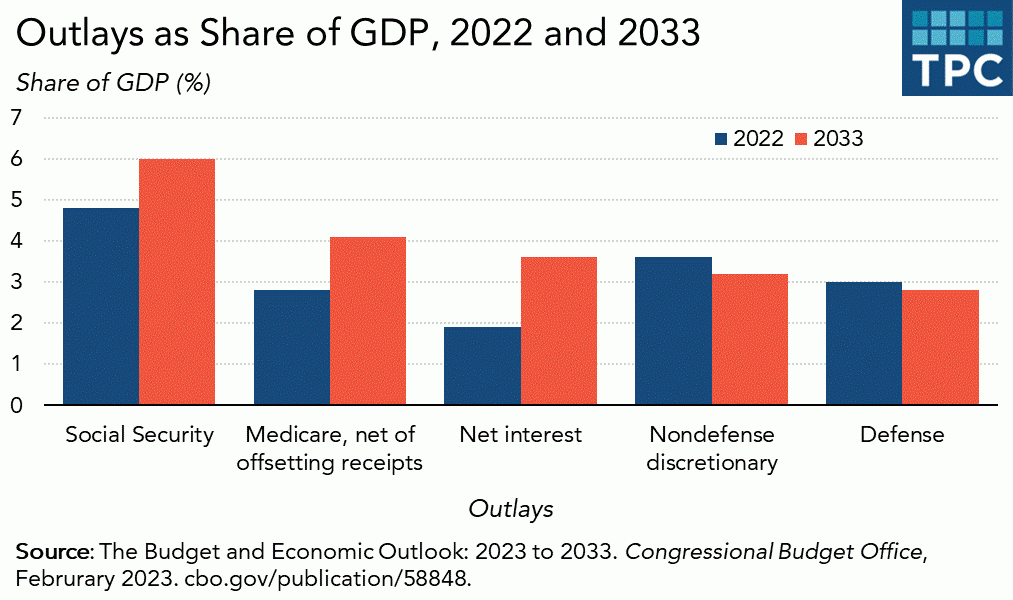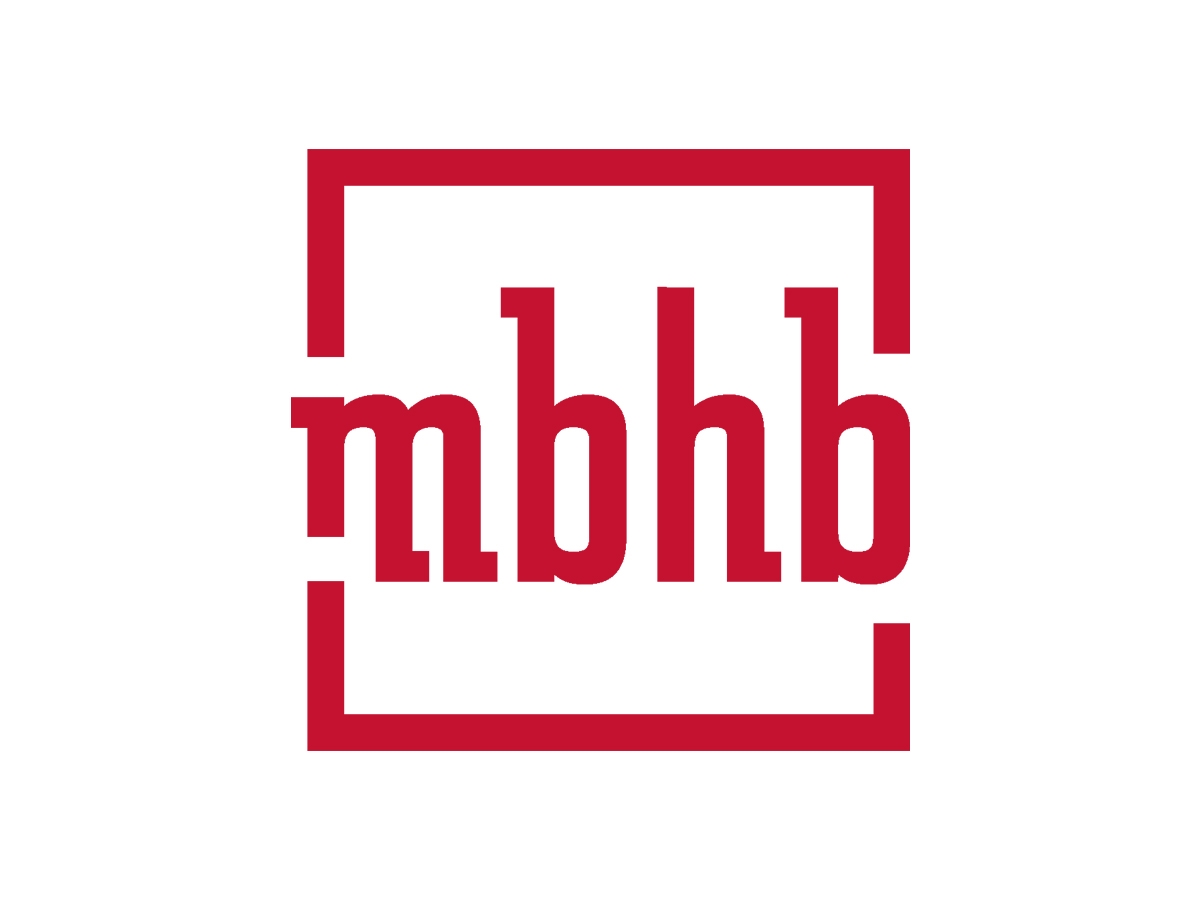Why Does the USPTO Keep Extending the Deadline for Comments on Robust and Reliable Patents?
“These changes make sure that patent applicants will not get patents, patent applications will be denied, granted patents will be invalidated, survived patents cannot be enforced, patents in suit will get less or no damages, and patent owners are thrown out of court or rewarded with liabilities.”-US Inventor
The U.S. Patent and Trademark Office (USPTO) announced on Tuesday that it is once again extending the deadline for submissions on its “Request for Comments on USPTO Initiatives to Ensure the Robustness and Reliability of Patent Rights.”
The Office originally published the Federal Register Notice on October 4, 2022, with a deadline of January 3. That deadline was then extended to February 1 in November, with a note that “this will be the only extension of the comment period.” But on Monday, the Office said it will extend the deadline a second time “to ensure that all stakeholders have a sufficient opportunity to submit comments on the questions presented in the October 4, 2022, notice.” The announcement also asserted that “this will be the last extension of the comment period.”
Despite this assurance, some sources have indicated to IPWatchdog that the multiple changes to the deadline are concerning and create uncertainty.
As of February 16, 131 comments had been posted, though the regulations.gov website indicates 178 had been received as of 11:59 PM on February 15. On February 3, 99 comments had been posted and 169 received.
In comparison with previous requests for comment (RFC), this is a hefty number of submissions. So why does the Office keep extending the deadline? IPWatchdog reached out to the USPTO for an explanation, but no official comment was provided except to note that a number of stakeholders have asked for more time to finalize and submit comments, and the Office wants to hear from as many parties as possible.
We reported earlier in the month on some of the comments posted as of February 2; since then, about 30 more comments have been added. Here is an overview of a few of them, in reverse order of posting. IPWatchdog will continue to monitor the comments that come in between now and February 28.
US Inventor: Comments Posted Feb. 15 (received Feb. 14)
US Inventor adopted the substantive comments of Angel Capital Association as their own comments, but in their introduction explained that, over the last 20 years, the government has changed the rules in almost every area of patent law to the detriment of inventors. “These changes make sure that patent applicants will not get patents, patent applications will be denied, granted patents will be invalidated, survived patents cannot be enforced, patents in suit will get less or no damages, and patent owners are thrown out of court or rewarded with liabilities,” explained US Inventor.
Angel Capital Association stressed in its comments that the patent system must be both reliable and flexible to benefit patent owners and contends that the questions posed by the RFC “appear to be yet another assault on patent owners by Big Tech,” as they would “place severe restrictions on an Applicant’s ability to get meaningful patent claims for their invention.”
Google, LLC: Comments Posted February 7 (Received January 31)
Google’s comments focus on the following three key recommendations: “(1) require patent applicants to identify support for new or amended patent claims; (2) make technical training for emerging technologies like AI mandatory for patent examiners; and (3) unify patent and non-patent prior art resources within PE2E to further improve the search process.”
Most of Google’s submission is spent on the first point. The company is urging the Office to require applicants for amended claims, new claims, or continuation applications “to identify where in the specification the claims find their support.” Google’s comments allege that the likelihood of litigation in the computer-related technologies space, specifically by non-practicing entities (NPEs), is greater for continuation claims, and even moreso for continuations obtained five or more years after grant. “Having a requirement in place for patent applicants to identify the support for amended or new patent claims during prosecution would go a long way toward helping to ensure that those claims are even supported by the patent specification, and would give the patent examiner a much clearer starting point for identifying and applying the prior art,” Google wrote.
Adam Mossoff: Comments Posted February 6 (Received February 1)
Professor Adam Mossoff has been active on the issues surrounding the USPTO’s RFC and was a participant in the Listening Session recently held by the Office to gather input on many of the same issues. Expanding upon his 2022 Policy Memo for the Hudson Institute, Mossoff’s submission details the historical and economic evidence for patents as a driver of innovation and asserts that those calling for systemic changes to the patent system bear the burden of presenting verifiable evidence to justify such changes.
Mossoff specifically calls out the Initiative for Medicines, Access, and Knowledge (I-MAK), which has become the most-cited source for advocates of sweeping changes to the patent system, as having failed to meet this burden. In addition to his detailed analysis of the discrepancies between I-MAK’s numbers and official Orange Book figures on patents, Mossoff also points to Novartis’ testimony at the Listening Session that I-MAK apparently arrived at its claim that the drug Gleevec was covered by 73 patents “by including 44 abandoned patent applications that never issued as patents, as well as a variety of patents that don’t cover our drug.”
I-MAK: Comments Posted February 6 (received Feb 1)
For its part, I-MAK repeats its widely-cited allegations that patents are directly responsible for high prescription drug prices, explaining that brand pharmaceutical company tactics to delay patent expiration are mostly to blame for this. Most of its citations are to its own research.
The submission focuses on three areas for change: (a) continuation applications; (b) terminal disclaimers; and (c) double patenting practice. I-MAK makes the following recommendations to address the problems it feels these practices pose:
- The USPTO should “consider limiting the number of continuation applications that may be filed related to a product to no more than two and which must be filed within a window of 12 months of the parent application”;
- and/or the Office should impose “heightened examination of continuation applications and/or increasing filing/search/examination fees”;
- that in continuation applications, “only claims not previously included in the parent application should be allowed and applicants must provide justification as to why it was not possible to include the continuation claims in the first application”; and
- “amend [terminal disclaimer] practice so that if the primary patent (or a member of the patent family) is invalidated, the patents that are subject to a terminal disclaimer with respect to that invalidated patent also should be invalidated so that they do not need to be separately litigated.”
I-MAK’s comments also suggest that the USPTO give permanent seats to nonprofits and advocacy groups on the Patent Public Advisory Board and that both the USPTO and Congress should hold more hearings on the impact of pharmaceutical patenting practices on U.S. households.
Image Source: Deposit Photos
Image ID: 125703412
Author: roxanabalint
Eileen McDermott
Eileen McDermott is the Editor-in-Chief of IPWatchdog.com. Eileen is a veteran IP and legal journalist, and no stranger to the intellectual property world, having held editorial and managerial positions at […see more]




![What H-1B Lottery Results Say About Odds [2022] What H-1B Lottery Results Say About Odds [2022]](https://www.immi-usa.com/wp-content/uploads/2022/03/Screen-Shot-2022-03-28-at-1.54.27-PM-300x225.png)

